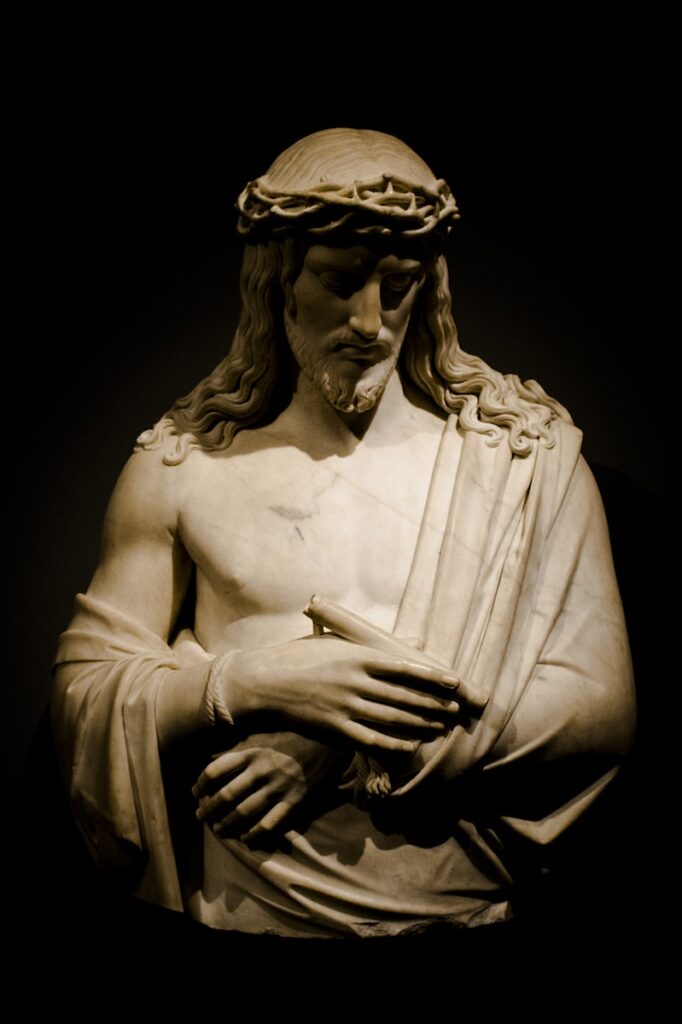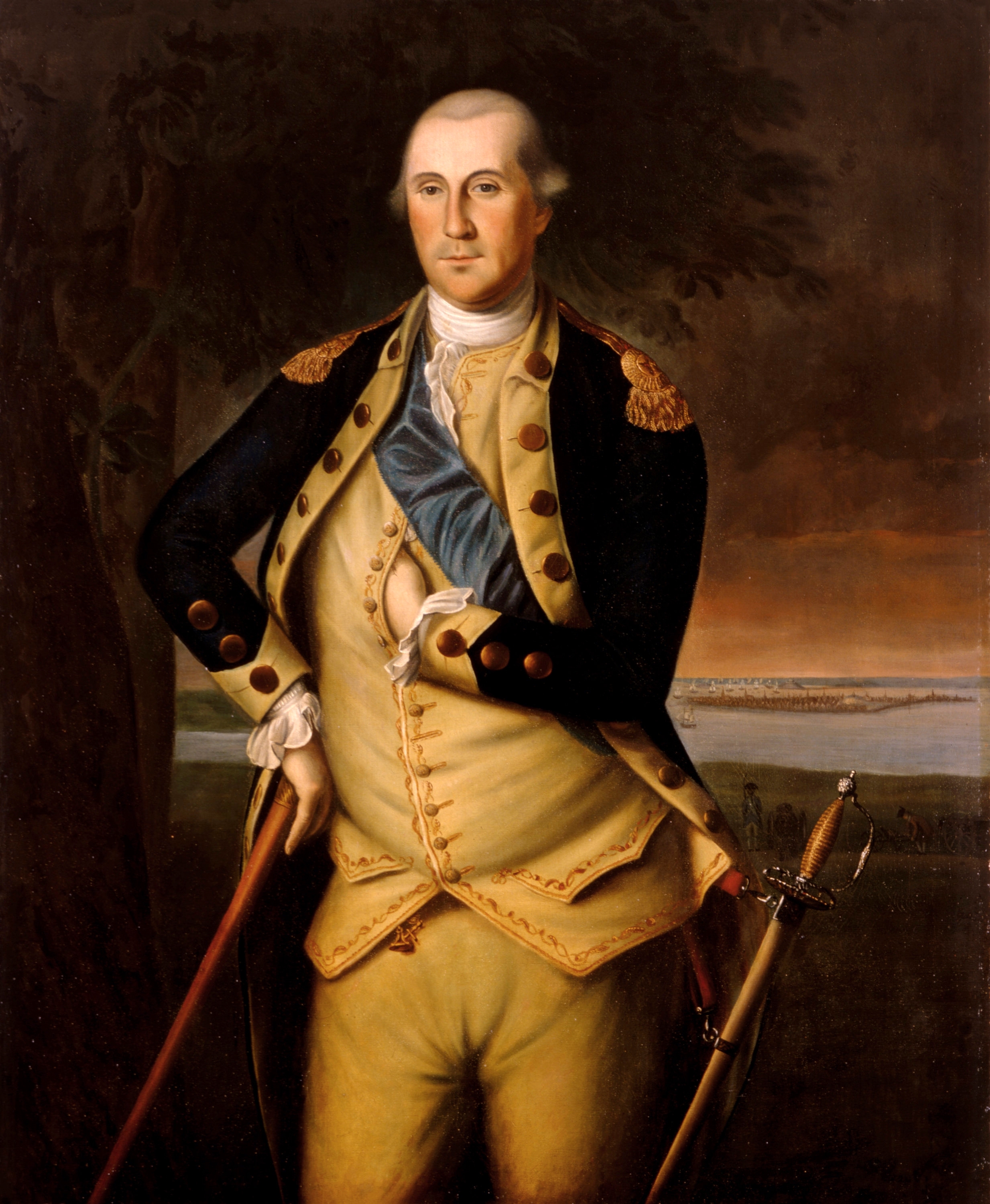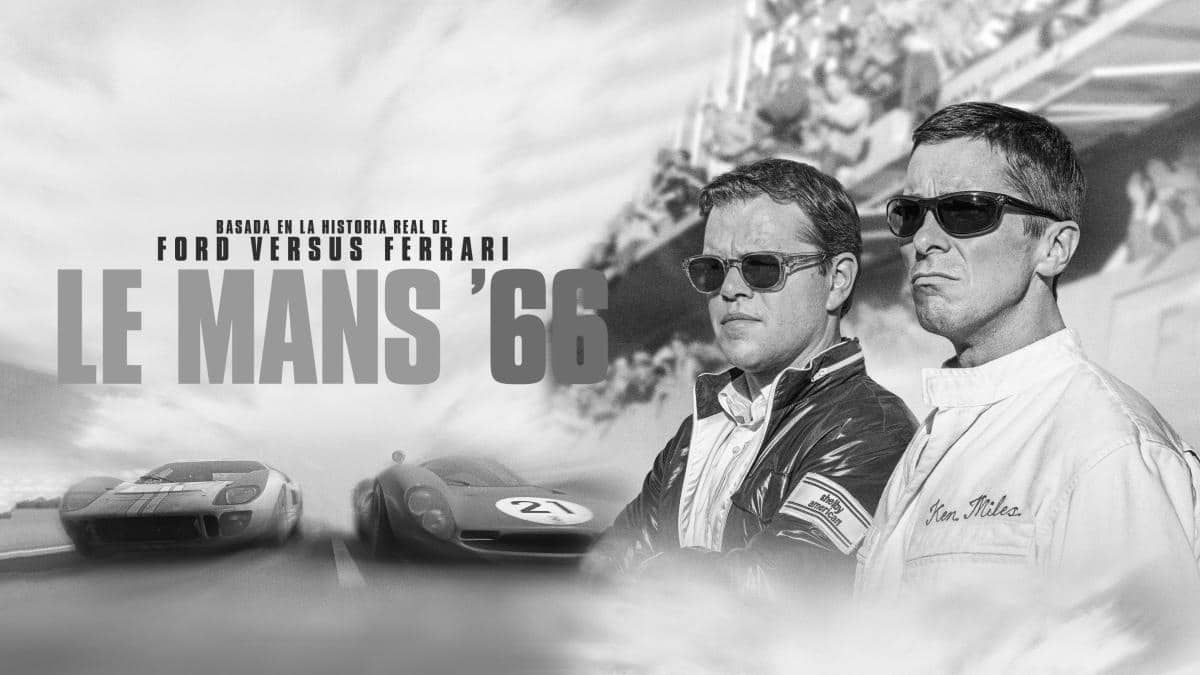
Lemmy Kilmister. The name itself conjures images of thunderous bass lines, gravelly vocals, and an unwavering commitment to the rock and roll lifestyle. But beneath the iconic persona of the Motörhead frontman lay a mind as sharp and uncompromising as his music. Lemmy was not merely a musician; he was a raconteur, a lifelong rock’n’roller, and, as anyone who has delved into his interviews can attest, a philosopher on the side, unafraid to tackle the grandest questions with his characteristic blend of wit, cynicism, and brutal honesty.
While the world celebrated him for his relentless pursuit of sonic mayhem, Lemmy also carved out a unique space as an intellectual heavyweight, often engaging in deep conversations that explored the very fabric of existence. His views on society, politics, and the human condition were always delivered without pretense or apology. Yet, it was his unfiltered perspective on God and religion that truly revealed the depth of his skepticism and his fiercely independent spirit, challenging conventional beliefs with a directness that was both startling and profoundly thought-provoking.
We’re taking a deep dive into the mind of this cultural icon, sifting through his most candid remarks to unearth the foundational beliefs that shaped his outlook on the spiritual world. From his intense disdain for organized faith to his surprisingly nuanced thoughts on individual belief, Lemmy’s philosophical pronouncements offer a compelling counter-narrative to traditional religious discourse. Join us as we explore the definitive statements that cemented Lemmy Kilmister as not just a rock legend, but a profound, albeit reluctant, spiritual provocateur.

1. **An Intense Dislike for Organized Religion**At the very core of Lemmy’s philosophical framework, there was an unwavering and profound disdain for organized religion. It wasn’t a casual dismissal; it was an intense, deeply felt conviction that he articulated with no hesitation. As he famously stated in a previously unpublished interview, “I dislike religion quite intensely, actually.” This wasn’t merely a preference but a fundamental rejection of systems that, in his view, had caused untold suffering throughout history.
His aversion stemmed from a critical examination of religion’s historical trajectory and its impact on human society. Lemmy saw these institutions as inherently problematic, designed more for control and conflict than for genuine spiritual enlightenment or peace. This perspective aligned perfectly with his anti-establishment ethos, where any form of imposed authority or dogma was met with skepticism and a fierce desire for individual liberty.
This intense dislike informed many of his other views, laying the groundwork for his critiques of religious narratives, the concept of God, and the societal structures built upon faith. For Lemmy, religion wasn’t just a benign cultural phenomenon; it was a potent force that had demonstrably shaped human conflict and misery, a truth he wasn’t afraid to speak to power, or to anyone who would listen.
His frankness on the subject often surprised interviewers, but for Lemmy, it was simply an honest articulation of his observations. He wasn’t seeking to offend for the sake of it, but rather to present a worldview that he believed was grounded in historical reality and common sense. This foundational rejection of organized religion set the stage for all his subsequent commentary on faith, marking him as a truly independent voice in a world often dominated by established doctrines.

2. **Religion: The Root of All Global Grief**Expanding on his intense dislike, Lemmy unequivocally declared religion to be the primary cause of global grief, a statement that cut straight to the heart of his anti-theological stance. For him, the evidence was clear and overwhelming, written throughout the annals of human history. He articulated this sweeping condemnation with characteristic bluntness, saying, “It’s been the cause of all the grief in the world ever since they discovered the first stone to worship.”
This wasn’t a casual accusation but a deeply held belief rooted in his historical perspective. Lemmy viewed religion as a continuous, destructive force, initiating conflicts and perpetuating cycles of misery across millennia. He saw a direct link between the rise of organized faith and the endless wars, persecutions, and societal divisions that have plagued humanity, arguing that once humans began to venerate specific deities or symbols, conflict inevitably followed.
His analysis didn’t stop at historical wars but extended to the myriad forms of suffering experienced by individuals and communities. The imposition of rigid moral codes, the justification of oppression, and the fostering of intolerance—all, in Lemmy’s eyes, could be traced back to religious doctrines. This broad indictment underscored his view that religion, far from being a source of solace or moral guidance, had instead served as a catalyst for humanity’s darkest impulses.
It was a perspective that resonated with many who felt disillusioned by the failures and hypocrisies often associated with religious institutions. Lemmy’s willingness to vocalize such a stark and unapologetic judgment positioned him as a fierce critic of dogmatic thought, challenging listeners to look beyond traditional narratives and confront the often-uncomfortable truths about the historical impact of faith on the human experience. He saw no redeeming qualities in the grand scheme of religious history, only an unending trail of devastation.
Read more about: Tran Trong Duyet: Unpacking the Complex Legacy of John McCain’s Captor at the ‘Hanoi Hilton’ and His Journey Towards Reconciliation

3. **Ideologies as Religions**Lemmy’s critique of religion wasn’t limited to traditional spiritual beliefs; he possessed a keen insight into how secular ideologies could function with the same dogmatic fervor, essentially becoming religions in their own right. He made this point explicitly, stating, “Nazism and Communism are religions too, make no mistake, with Hitler and Stalin as God, right? It’s the same thing. Even the British Empire with Victoria as God, you know?”
This perspective demonstrated a sophisticated understanding of power dynamics and belief systems. For Lemmy, the defining characteristic of a religion wasn’t necessarily a belief in a supernatural deity, but rather an unquestioning devotion to an ideology or a leader, often accompanied by rigid doctrines and a ruthless suppression of dissent. He saw how these political systems demanded absolute loyalty, deified their figureheads, and mobilized populations through a shared, often fanatical, belief structure, mirroring the patterns of traditional faiths.
By drawing parallels between Nazism, Communism, and even the British Empire’s imperialistic ambitions with religious worship, Lemmy highlighted the dangers inherent in any system that demands blind allegiance. He implicitly argued that the human capacity for creating and subscribing to such all-encompassing belief systems was a pervasive aspect of our nature, regardless of whether the object of worship was a deity or a dictator. This broadened his indictment of ‘religion’ beyond the church, mosque, or temple, to encompass any institution that stifled critical thought and individualism.
His commentary served as a powerful piece of cultural commentary, urging people to look beyond superficial labels and recognize the underlying mechanics of control and devotion. It reinforced his authoritative voice on social issues, placing subjects within a larger historical and cultural context, a hallmark of the *Rolling Stone* writing style. Lemmy was not just observing; he was actively dissecting the nature of belief and its often-perilous consequences for humanity.
Read more about: The Enduring Significance of Three: An In-Depth Examination Across Disciplines

4. **A Senile, Absent, or Incompetent God**Lemmy’s irreverence extended directly to the notion of God himself, whom he viewed with a critical eye, often implying a deity who was either oblivious, inept, or simply non-existent. His questioning was sharp, direct, and utterly devoid of fear, challenging the traditional attributes of an all-powerful, benevolent creator. “If there is a God,” he mused, “he’s not really paying attention. He should retire and hand over to a younger man. Maybe he’s just gone senile like George III. He’s just making a real bollocks of it.”
This provocative statement wasn’t just a quip; it was a deeply cynical observation rooted in the pervasive suffering he witnessed in the world. How could a loving, omnipotent God allow such widespread misery? For Lemmy, the sheer scale of global problems— “polluted and dreadful, and landmines, and people starving when there’s enough food to feed them all”—was undeniable evidence of divine negligence, if not outright incompetence. His conclusion was that if such a God existed, he was certainly not performing his duties admirably.
His casual dismissal of God’s capabilities was also a commentary on the human tendency to attribute positive traits to a deity despite overwhelming contradictory evidence in the world. Lemmy refused to sugarcoat reality or offer comforting platitudes; instead, he presented a raw, unvarnished assessment that resonated with many who harbored similar doubts. His questioning wasn’t an act of rebellion but an honest intellectual struggle with the problem of evil and divine passivity.
This perspective underscored his belief that humanity was largely on its own, responsible for its actions and its fate. If God was indeed senile or absent, then relying on divine intervention was a fool’s errand. This led him to emphasize self-reliance and personal accountability, themes that permeated both his music and his philosophy. It was a stark vision, but one delivered with the kind of unflinching honesty that only Lemmy could muster, stripping away romanticized notions of an all-caring God in favor of a more pragmatic, if bleak, assessment.

5. **Skepticism of Biblical Narratives**Beyond questioning the nature of God, Lemmy harbored deep skepticism regarding the foundational narratives of religious texts, particularly the Bible. His critical eye saw inconsistencies and implausibilities that he was quick to point out with his characteristic bluntness and a touch of dark humor. He famously scoffed at one of Christianity’s most sacred tenets, asking, “And anyway, a virgin impregnated by a ghost? If Joseph went for that, he deserved to be in a stable.”
This statement wasn’t merely a disrespectful joke; it was a profound rejection of literal interpretations of miraculous events. Lemmy approached these stories with a rational, no-nonsense mindset, unwilling to accept narratives that defied logic and scientific understanding without critical examination. For him, such tales were illustrative of the credulity often demanded by religious faith, and he was having none of it.
His skepticism highlighted the tension between faith and reason, a conflict he clearly resolved on the side of reason. He found the idea of a virgin birth—a cornerstone of Christian theology—to be not just improbable, but almost comically absurd. His observation about Joseph’s supposed gullibility was a sharp jab at the narrative’s internal logic, underscoring his belief that such stories were more allegorical or mythical than literal historical accounts.
This critical approach to biblical stories was integral to his broader dismissal of organized religion. If the foundational texts contained elements that he deemed logically indefensible, then the entire edifice built upon them became suspect. It reinforced his image as an independent thinker, someone who refused to conform to prescribed beliefs, even those held sacred by millions. Lemmy’s stance was a powerful reminder that skepticism, even irreverent skepticism, has its place in cultural discourse.
Read more about: Unveiling Ancient Wisdom: How Modern Science Confirms Profound Truths Embedded in the Bible’s Timeless Pages

6. **The Reverend Lemmy Kilmister: An Unlikely Ordination**In one of the most unexpected twists in his already colorful life, Lemmy Kilmister found himself, ironically, ordained as a minister. This fact, seemingly at odds with his outspoken anti-religious views, provided a moment of bemused reflection for the rock icon. As he recounted with a chuckle in an interview, “Yeah, it’s funny, isn’t it? This guy wanted me to marry him and his girlfriend at [famed LA bar and regular Lemmy hangout] the Rainbow.”
The circumstances of his ordination were as unconventional as the man himself. It wasn’t a spiritual calling, but a favor for a friend, an ex-Special Forces individual who clearly held Lemmy in high regard. “He got me ordained on the internet, into this Church of Universal Peace or something,” Lemmy explained, highlighting the casual, almost absurd nature of the process. This online ordination allowed him to technically hold the title of ‘Reverend Lemmy Kilmister,’ complete with the legal ability to perform marriages.
However, the title came with a significant caveat: his absolute refusal to actually utilize his newfound clerical powers. Despite being able to legally officiate weddings, Lemmy declared, “But I’m not going to.” This firm stance perfectly encapsulated his consistent rejection of organized religious practices, even when he could, ironically, participate in them. His ordination was a mere technicality, a humorous anecdote, rather than a shift in his deeply held philosophical convictions.
This incident provided a fascinating glimpse into Lemmy’s character—a man who, while willing to engage in a bit of theatrical absurdity for a friend, remained unyielding in his personal principles. It was a testament to his authentic disdain for the formal rites and rituals of religion, even when he momentarily found himself on the inside. The Reverend Lemmy Kilmister was a title he bore lightly, a curiosity rather than a calling, reinforcing his image as rock’s most genuine and uncompromised icon.

7. **Christ as Allegory, Not Literal Truth**Delving further into his nuanced skepticism, Lemmy Kilmister offered a distinct perspective on the figure of Christ, viewing him less as a literal divine entity and more as a potentially allegorical or symbolic figure. His approach was pragmatic, separating the historical possibility of a man named Jesus from the supernatural narrative constructed around him. “It’s funny, Christ y’see – because he could be an allegory, completely, couldn’t he?” he pondered, inviting a critical examination of the New Testament’s portrayal.
Lemmy acknowledged the possibility of a historical individual, stating, “I think possibly the guy existed, but I don’t think he was anything like he is in the New Testament.” This distinction was crucial for him. He believed that the biblical account was heavily embellished, serving more as a collection of parables and moral lessons than an accurate biography. “I don’t think the Bible is particularly accurate. I think it was more of a parable, really,” he asserted, stripping away centuries of divine interpretation.
This view allowed him to appreciate the cultural impact of Christ without subscribing to the miraculous claims of his divinity. By considering Christ as an allegory, Lemmy implicitly suggested that the stories served to convey deeper truths or ethical principles, rather than recounting factual events. This intellectual maneuver allowed him to engage with religious narratives on his own terms, interpreting them through a lens of human storytelling and moral instruction, rather than divine revelation.
His perspective aligned with his broader skepticism of religious dogma, emphasizing human interpretation and cultural evolution over immutable divine truth. It highlighted his authoritative voice and cultural commentary, typical of the *Rolling Stone* style, by placing religious figures within a larger human context. For Lemmy, the enduring influence of a figure like Christ was a testament to the power of stories and human belief, not necessarily to supernatural intervention.” , “_words_section1”: “1948
Read more about: The Pillar of Supplication: Unveiling Aaron’s Undeniable Impact on Faith and the Story of a Nation

8. **The 200-Year Biblical Distortion: A Narrative Amplified**Building upon his skepticism regarding Christ as a literal divine figure, Lemmy Kilmister then cast a critical, unblinking eye over the very historical veracity of the Bible itself. For him, the sacred text wasn’t an immutable, divinely inspired record, but a human narrative profoundly altered by the unforgiving march of time and the natural process of storytelling. He presented a compelling, if irreverent, argument that the vast temporal gap between Christ’s purported life and the writing of the New Testament rendered its accounts highly suspect.
“I mean, the Bible wasn’t written until 200 years after his death – you know how a story in the local bar gets amplified after a month?” Lemmy mused, highlighting his pragmatic approach to historical evidence. This pithy analogy perfectly encapsulated his belief that the intervening centuries would inevitably lead to significant embellishment and distortion. For a man who prized raw, unvarnished truth, the idea of narratives being passed down and dramatically reshaped over such a long period was inherently problematic.
He continued, with characteristic bluntness, “200 years is a good distortion, I would say. It’s difficult to see that far back and see if it’s true or not – there’s no way to tell, really.” This statement wasn’t a casual dismissal but a foundational challenge to the premise of biblical infallibility. Lemmy’s perspective underscored his conviction that, without contemporaneous, verifiable accounts, the New Testament should be viewed with a healthy dose of skepticism, recognizing its role more as a collection of parables and moral teachings than a precise historical document.
This intellectual honesty, typical of Lemmy, showcased his capacity to question deeply held beliefs, stripping away centuries of dogma to expose what he perceived as the human element of myth-making. His analysis, rooted in a common-sense understanding of how stories evolve, served to further deconstruct the divine authority often ascribed to religious texts, reinforcing his position as a fierce advocate for independent thought.

9. **A Glimmer of Respect: Lemmy’s Hesitant Nod to Buddhism**Amidst his sweeping condemnations of organized religion and his profound skepticism towards traditional deities, Lemmy Kilmister revealed a surprising, albeit qualified, openness to one particular spiritual path: Buddhism. It wasn’t an embrace, but rather a hesitant acknowledgment that among the myriad belief systems, Buddhism resonated with him more than others, if only for its logical coherence. When pressed on whether he respected any religions, his answer offered a rare glimpse into a softer side of his philosophical stance.
“Probably if I were going to go for one at all, I’d go for Buddhism,” he admitted, pausing before adding a crucial caveat, “It makes the most sense. But who says it has to make sense, on the other hand… It’s tricky.” This revealing statement underscored his lifelong struggle with the inherent irrationality he perceived in faith, yet it also highlighted Buddhism’s appeal to his logical mind. Its emphasis on personal conduct, self-awareness, and the alleviation of suffering, without reliance on an omnipotent, external deity, likely aligned more closely with his individualistic ethos.
Further elaborating on his inclinations, Lemmy also confessed to a lean towards the concept of reincarnation. “I don’t believe in a grand design, but I do believe in a power of some sort. I would believe in reincarnation, if I was going to believe in anything.” This was a significant admission for someone so outwardly cynical, suggesting a deeper contemplation of existence beyond the physical realm, albeit without the trappings of organized worship or the dictates of a specific god. It revealed a preference for a cyclical view of existence, where actions in this life might have consequences in a future one, rather than a singular, divine judgment.
This qualified respect for Buddhism, coupled with his openness to reincarnation, painted a more complex picture of Lemmy’s spiritual landscape than his more aggressive anti-religious statements might suggest. It demonstrated that his disdain wasn’t for all forms of spiritual inquiry, but specifically for the dogmatic, controlling, and conflict-inducing aspects of organized faith. He sought a path that, at its core, offered sense and personal responsibility, even if he ultimately chose to walk his own, unaligned journey.

10. **Rejecting the Interpreters: Direct Dialogue with the Divine**Lemmy Kilmister’s intense dislike for organized religion was inextricably linked to his rejection of intermediaries between individuals and any potential divine entity. For him, the concept of priests, sacred buildings, or theological degrees as prerequisites for spiritual connection was not only unnecessary but fundamentally flawed. His belief was that if a God truly existed, the relationship should be direct, unburdened by human interpretation or institutional gatekeepers.
“I have always hated organized religion. If I believed in God, I would not need an interpreter,” Lemmy stated unequivocally in an interview. This was a core tenet of his independent spirit, an assertion that personal conviction required no validation or translation from a third party. He saw the proliferation of religious hierarchies as a barrier, rather than a bridge, to genuine spiritual understanding, implying that these structures served more to control adherents than to guide them.
He continued, pressing his point with his usual unflinching logic, “God is the first to do everything, right? You should be able to talk directly to him. You don’t need some special building with some guy who has a degree in God.” This powerfully articulated his disdain for the perceived commercialization and institutionalization of faith. The idea of a ‘degree in God’ was, for Lemmy, an absurdity—a human construct designed to grant authority where none was truly needed or deserved. It was an argument for an unmediated, personal spiritual experience, stripped of all dogma and ritual.
This radical individualism extended to all aspects of his life, but particularly resonated in his views on faith. Lemmy championed the notion that true spirituality, if it exists, is an internal journey, not an external performance dictated by others. His critique wasn’t just anti-clerical; it was a profound defense of individual autonomy in matters of belief, urging everyone to bypass the established conduits and seek their own truth, should they choose to engage with the divine at all.

11. **“God Was Never On Your Side”: The Hypocrisy of Holy War**One of Lemmy’s most poignant and powerful critiques of religion’s entanglement with human conflict found its voice in the Motörhead song “God Was Never On Your Side.” This track, and his commentary on it, highlighted the profound hypocrisy he observed in the way religious institutions often sanctioned or even encouraged warfare, directly contradicting their own moral scriptures. His lyrics and interviews peeled back the veneer of divine justification, exposing the human orchestrators behind the bloodshed.
Reflecting on the song, Lemmy noted, “The evidence is overwhelming on that one. Every army in the world has had their tanks and guns blessed by their respective priests.” This observation struck at the heart of what he saw as a glaring contradiction. The act of bestowing a sacred blessing upon instruments of destruction, by individuals who preach peace, was for him, an undeniable sign of moral bankruptcy. It illustrated how religion, rather than fostering unity, could be weaponized to legitimize violence on a massive scale.
He pointed out the irony with characteristic dry wit: “It is kind of weird since the Bible says, Thou Shalt Not Kill. Blessing a weapon is kind of odd to me.” This simple yet profound statement perfectly encapsulated his incredulity at such cognitive dissonance. For Lemmy, the notion that a benevolent God would endorse, let alone demand, such actions was not only illogical but morally reprehensible. It exposed the human manipulation of divine decree for terrestrial power and territorial gain, casting doubt on the purity of any faith that would allow it.
Lemmy’s critique extended to the common battle cry of divine endorsement: “So many people claim that God is on their side that I wonder if God sometimes wonders who is on his side.” This incisive question served to dismantle the self-righteous certainty of warring factions, highlighting the absurdity of multiple sides claiming exclusive divine favor. It was a powerful piece of cultural commentary, urging people to look beyond the religious rhetoric and confront the grim reality of human-instigated conflict, demonstrating his authoritative voice on social issues, placing subjects within a larger context, a hallmark of the *Rolling Stone* style.

12. **God as a “Miserable Bastard” or the Devil in Disguise**Lemmy Kilmister’s anti-theistic stance often took on a ferociously direct and personal tone when discussing the character of God. Far from merely questioning divine existence, he challenged the very benevolence and competence traditionally ascribed to an omnipotent creator. If a God truly existed, Lemmy argued, then the world’s pervasive suffering painted a picture of a deity who was anything but loving or just. His assessment was stark, confrontational, and utterly devoid of euphemism.
“Well, I am kind of anti-God,” he admitted, before delivering one of his most memorable and provocative pronouncements: “If there is a God then he is a miserable bastard.” This wasn’t merely a casual insult; it was a visceral reaction to the undeniable presence of evil, cruelty, and despair in the world. For Lemmy, the sheer scale of global suffering—from poverty and conflict to environmental destruction—could not be reconciled with the image of a benevolent, all-powerful God. If such a being presided over this chaos, then ‘miserable’ was a charitable descriptor.
Taking his argument a step further into the realm of dark conjecture, Lemmy even mused on the possibility of divine deception: “Sometimes I think he might be the devil dressed up as God.” This shocking proposition wasn’t necessarily a literal belief, but rather a powerful rhetorical device to highlight the insidious nature of suffering and the apparent absence of divine intervention. It implied that the forces traditionally associated with evil were, perhaps, more deeply entrenched and even camouflaged within the very fabric of supposed divine order.
These unflinching statements underscored Lemmy’s refusal to accept comforting religious narratives that glossed over the harsh realities of existence. He demanded accountability, even from a theoretical deity, and found the evidence of the world to be damning. His willingness to voice such profoundly blasphemous thoughts solidified his reputation as an iconoclast, a fearless truth-teller who prioritized honesty, however brutal, over comforting illusions, cementing his place as an intellectual heavyweight in the realm of cultural commentary.

13. **Humanity’s Inevitable Self-Destruction: A Cynical Prophecy**Beyond his critiques of religion, Lemmy Kilmister harbored a deep-seated cynicism about the long-term prospects for humanity, predicting an almost inevitable self-destruction. His vision was a bleak, yet logical, extension of his observations on human nature and its inability to keep pace with its own technological advancements. It was a profound piece of cultural commentary, placing human folly within a larger, historical context.
When questioned about humanity’s future and the idea of being in the ‘last days,’ Lemmy responded with his characteristic blend of realism and fatalism: “I don’t think it’s the last days, but I think we’re going to wipe ourselves out. I don’t think there’s any alternative, really.” This wasn’t a casual quip, but a considered prognosis rooted in a lifetime of observing human conflict and irrationality. For him, the trajectory of civilization seemed irrevocably set towards a self-inflicted demise.
His reasoning was sharp: “When you get a culture that’s advanced like ours has, in the last 200 years – in leaps and bounds – the psyche hasn’t kept up with the technical advances.” This was the crux of his argument. Humanity’s rapid technological evolution had outstripped its emotional and ethical maturity, leaving a dangerous imbalance. We possessed the tools of gods but retained the primal instincts of our ancestors, a recipe for disaster on an unprecedented scale.
Lemmy elaborated on this dangerous dichotomy: “Therefore you’ve got people who still think in caveman terms, of like, ‘club a person over the head and drag him back to the cave and disembowel him.’ The trouble is, they’re now doing it with atomic bombs.” This stark imagery highlighted the terrifying escalation of primal aggression. The inability of the human psyche to evolve beyond its base impulses, combined with the power to unleash unimaginable destruction, led him to a grim, seemingly inescapable conclusion: “So I don’t see any way around it, really.” His words painted a vivid, unsettling portrait of humanity’s perilous trajectory, a cautionary tale delivered with the authority and evocative language typical of *Rolling Stone*’s most impactful narratives.
Lemmy Kilmister was, undeniably, a force of nature—a towering figure whose impact reverberated far beyond the realm of heavy metal. His philosophical pronouncements, often delivered with a snarl and a wry grin, cut through pretense and challenged conventional wisdom at every turn. From his relentless assault on organized religion to his grudging respect for certain spiritual tenets, and ultimately, to his deeply cynical yet fiercely self-reliant worldview, Lemmy crafted a philosophy as distinctive and uncompromising as his music. He didn’t offer easy answers or comforting platitudes; instead, he demanded intellectual honesty, personal accountability, and a fearless confrontation with the uncomfortable truths of existence. In a world often shy of radical thought, Lemmy was an unapologetic provocateur, urging us all to question, to think, and above all, to live with an unyielding commitment to our own truths. His legacy isn’t just in the thunderous chords of Motörhead, but in the enduring challenge of his mind, a challenge that continues to resonate, loud and clear, today.”}
], “_words_section2”: “1942



